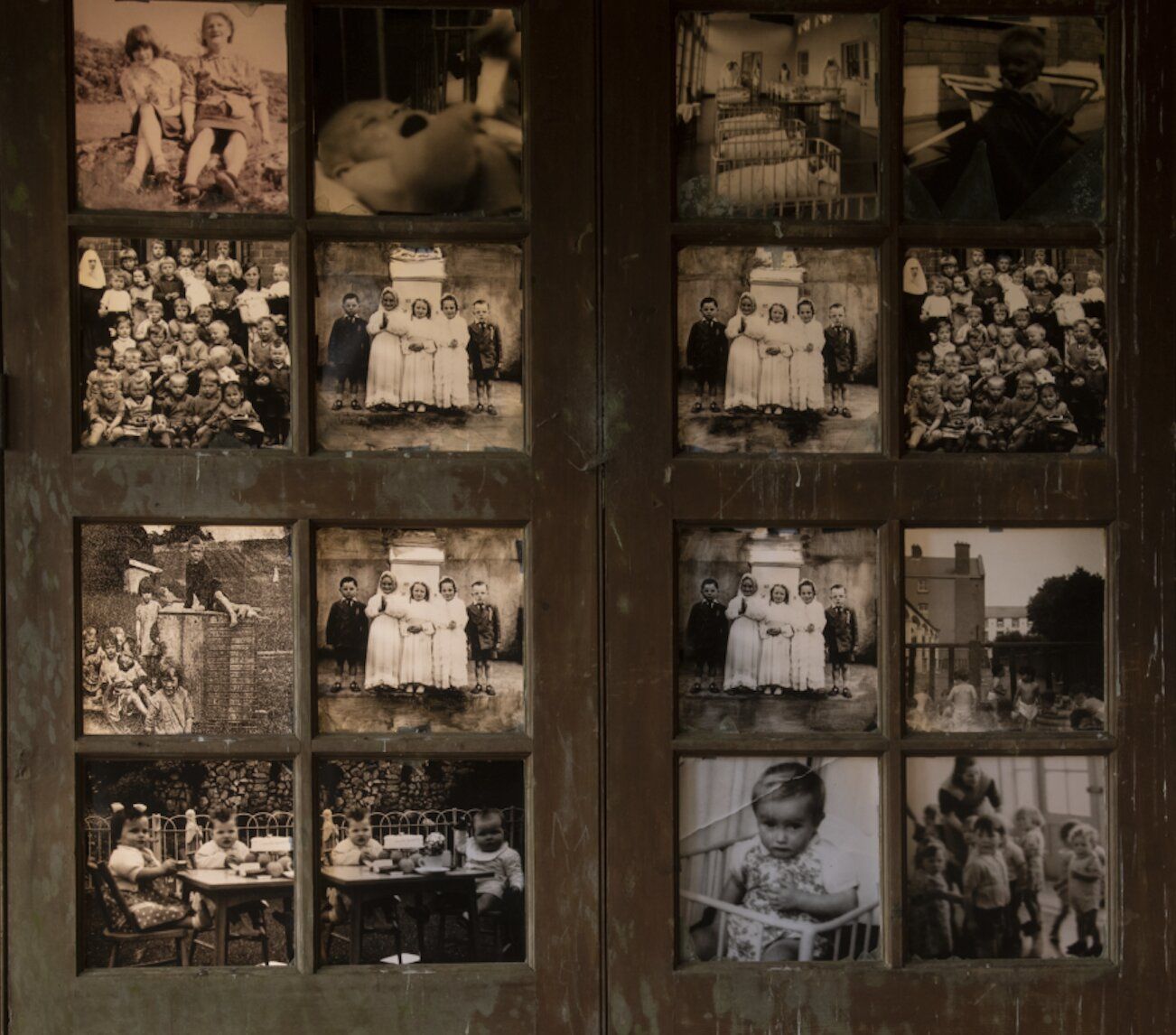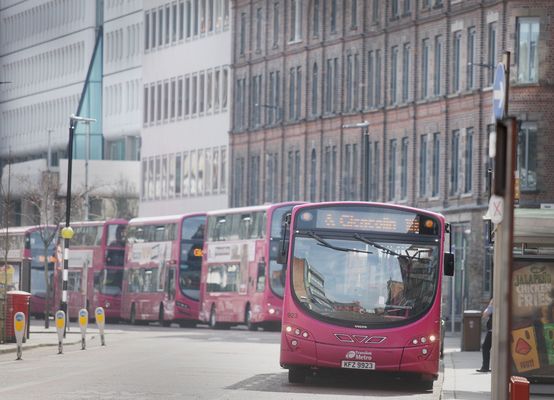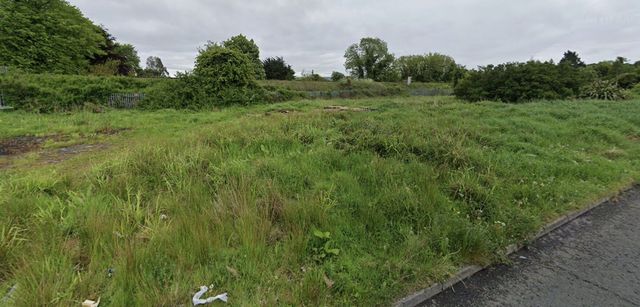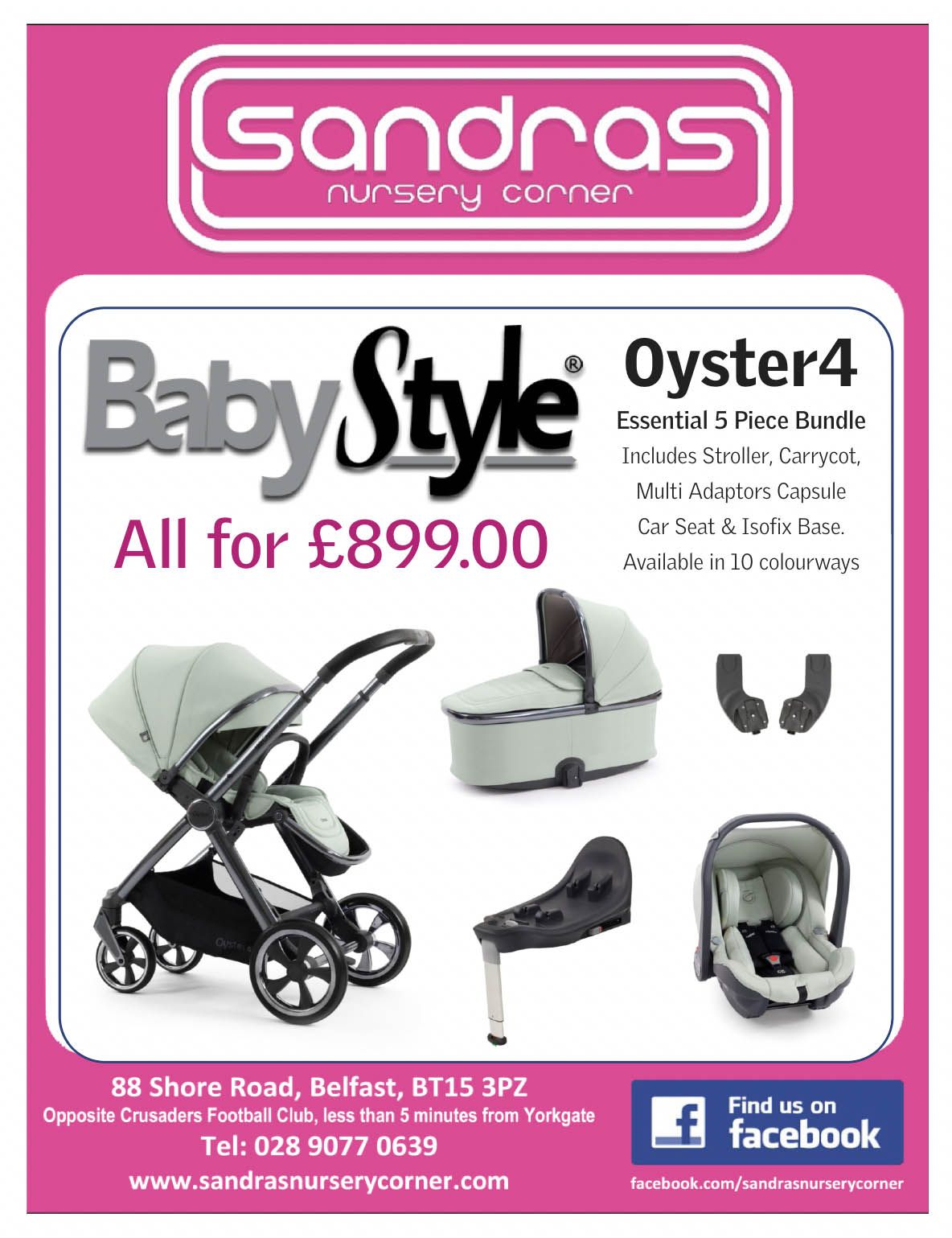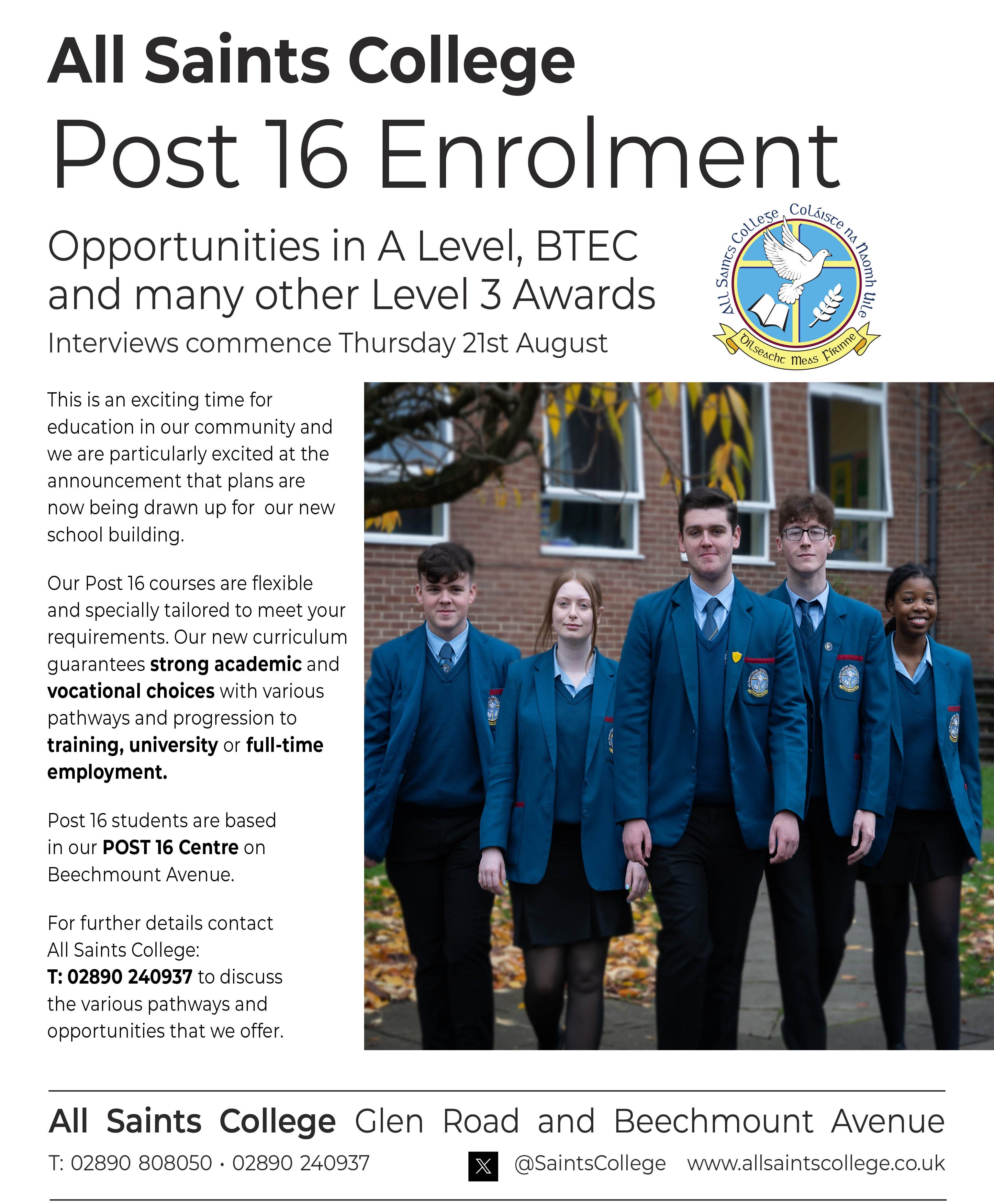MARGO Harkin's breathtaking documentary Stolen exposes the suffering, pain and trauma inflicted upon the victims of Ireland's mother and baby homes and makes for harrowing viewing – but it's a must-see.
The last mother and baby home in Ireland was closed in 1998 but during their existence a total of 9,000 babies and children died, often from what was a culture of deep institutional abuse and neglect. The documentary first covers the uncovering of the children buried in the septic tank in Tuam, Co Galway where over 800 children were found. Documents shown in the film reveal the death records show the vulnerable children died from common illnesses and even starvation.
Irish state awash in surplus money as government votes today to exclude 24,000 mother and baby institution survivors from redress. Justice denied to many. Children boarded out. Vaccine trial survivors. Cut off 1998? One state-funded mother and baby home institution ran til 2006. pic.twitter.com/0hPmbuCNGl
— Caelainn Hogan (@CaelainnH) June 14, 2023
The film intensely features interviews with survivors of these homes, both the women who were institutionalised (often for the 'crime' of having premarital sex or acting out of the ordinary) and their children who were forced to live with a deep sense of shame which was put upon them by every aspect of society.
Often women who were born in these institutions ended up later giving birth in them in a cycle of institutional abuse. Once the children were born their children were quite literally stolen from them and sold to adoptees in America or elsewhere.
Horrifyingly, the film also recounted how American pharmaceutical companies paid these homes for access to test vaccines on their children. A total of 40,000 experimental vaccines were tested on children in which they were reduced to the status of laboratory mice.
The film takes an island-wide approach and exposes how there were 14 such homes in the North over half of which were Catholic but the rest were also run by Protestant faiths. The film features powerful testimony from every survivor who was interviewed and one, Adele Johnston, was present at the screening for a question and answer session afterwards.
An independent report is currently being undertaken in the North to examine these homes and is survivor-centred and is headed by Queen's Dr Phil Scraton (known for his work with the survivors and families of the 1989 Hillsborough disaster).
Margo Harkin and producer Martha O'Neill joined Adele Johnston and Dr Scranton for the session where Dr Scraton said it was an "incredibly powerful film" which examined "a past based on the most severe of inequalities". Margo Harkin said it was 'one of the most difficult films I have ever made".
STOLEN dir Margo Harkin
— Docs Ireland 🇺🇦 (@DocsIreland) June 9, 2023
Stolen tells the story of how women who had the misfortune to fall pregnant ‘out of wedlock’ were treated in an Ireland that was heavily influenced by the Catholic Church.
Wednesday 21st June | 6PM | @qftbelfast | PWYChttps://t.co/obTlljFQBw pic.twitter.com/sOlkSNeT1n
Adele Johnston's incredible testimony was witnessed in person as she told the audience in Queen's Film Theatre – where the film was being shown as part of Docs Ireland – how even her own name had been stolen from her, not once, but three times. Born as 'Gwendaline' in a mother and baby home in Belfast she was then adopted and told her new name was 'Marie'. When she fell pregnant to a boyfriend she was forced to enter Marianvale home in Newry where her name was changed again to 'Bernadette' and her child was taken from her after birth and adopted.
Upon leaving Marianvale she changed her name by deed poll to Adele, a name she chose for herself and was a concious decision to remake her own life. Adele said she was previously terrified to speak because of the stigma and the shame.
"There was an overwhelming sense of shame and humiliation which was put upon us but now I find it extremely cathartic to speak publicly. They hid us in plain sight and we need to get rid of the veil of secrecy and shame. It has to be torn asunder."
Stolen is a beautifully shot, beautifully scored film which most importantly gives a very real and important voice to survivors who are still looking and fighting the state and church for answers. The documentary is a must watch for anyone and everyone on this island and it reminds us there are still thousands and thousands of people who are still living with the damage caused by these institutions today.

